First Aid for Bleeding and Wounds. Accidents can happen anytime, and being prepared to offer first aid in bleeding emergencies can save lives. From minor abrasions to major injuries, knowing what to do can make all the difference.
First Aid for Minor Abrasions
What Is an Abrasion?
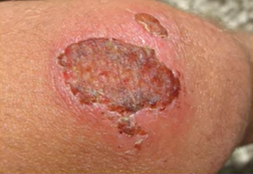
An abrasion occurs when the skin is scraped or rubbed off, usually on areas like the elbows or knees—especially in children.
What To Do:
-
Clean the Area: Wash thoroughly with running water or soft clean water.
-
Remove Debris: Remove any dirt, gravel, or foreign particles gently.
-
Dry the Skin: Use a clean sterile gauze to gently tap the area dry.
-
Leave It Open or Cover It: Small abrasions can be left uncovered. If needed, apply a non-stick gauze and secure it with a bandage.
-
Tetanus Shot: If not received in the last 5–10 years, consider a tetanus booster.
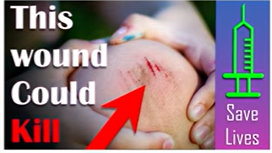
First Aid for Bleeding Wounds
For Active Bleeding:
-
Apply Pressure Immediately: Use sterile gauze, a towel, or even a clean cloth to press the wound.
-
Maintain Pressure for at Least 10 Minutes: Do not lift to check if bleeding has stopped during this time.
-
Elevate the Area: Raise the bleeding part above heart level if possible to slow blood flow.
-
Dress the Wound: Once bleeding reduces, apply a clean bandage.
Important Tip:
-
Do Not Remove Impaled Objects: If a sharp object is stuck in the body, do not pull it out. Instead, wrap and bandage around it and head to the hospital immediately.
Symptoms of Major Bleeding


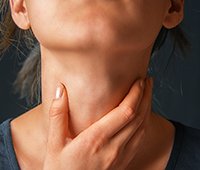
Watch out for signs of significant blood loss:
-
Dizziness or feeling faint
-
Rapid heartbeat or pulse
-
Difficulty breathing
-
Cold or clammy skin
-
Pale or bluish appearance
If any of these occur, seek emergency medical help immediately.
First Aid for Specific Injuries
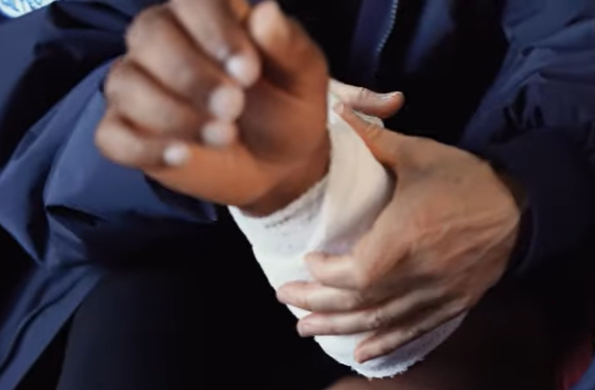
Puncture Wounds
These are caused by sharp objects like nails or thorns.
What To Do:
-
Wash thoroughly to prevent tetanus or infection.
-
Leave the wound open unless actively bleeding.
-
Apply pressure if bleeding occurs.
-
Consider a tetanus shot.
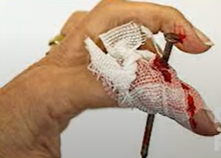
Amputation
If a body part like a finger or hand is cut off:
-
Control Bleeding: Use pressure and a clean cloth or gauze.
-
Preserve the Amputated Part: Wrap in a clean plastic bag, cushion with air, and place in ice water (not direct ice).
-
Reach Hospital Quickly: The sooner treatment is received, the better the chance of saving the part.
Crush Injuries
Occurs when a body part is compressed by heavy objects (like machinery or vehicle tires).
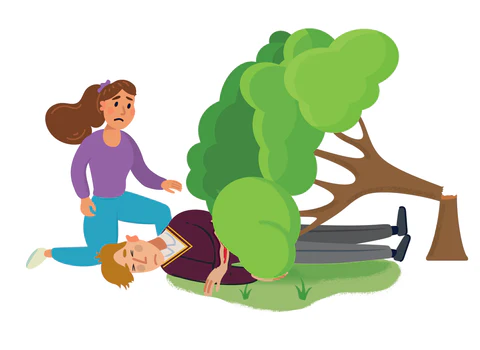
What To Do:
-
Remove the Object Promptly: The quicker it’s done, the better.
-
Wrap the Area: Use a dry towel or cloth.
-
Avoid Excess Pressure: Too much pressure can worsen the injury.
-
Seek Medical Help Immediately
Nose Bleeds
Nosebleeds are common, especially in children.
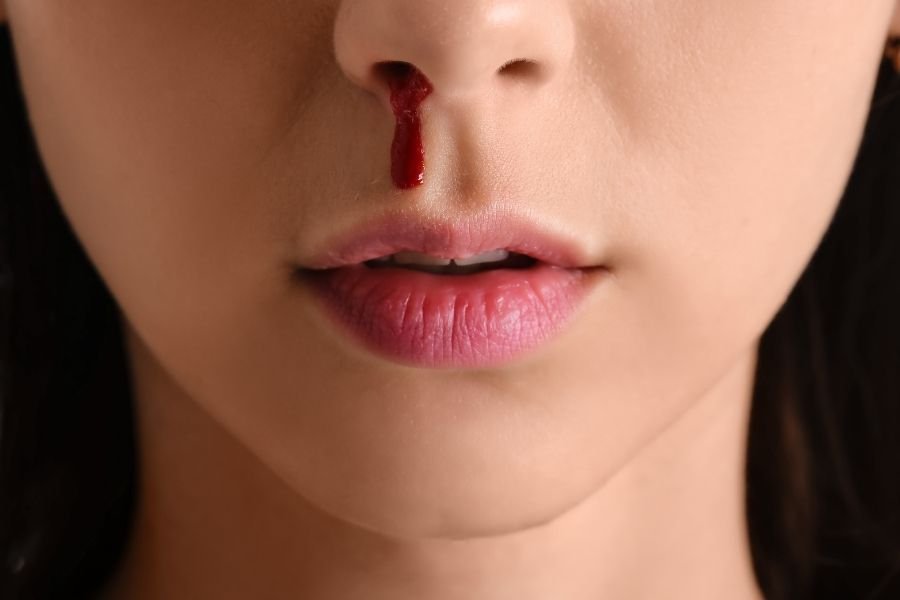
Causes Include:
-
Dry weather
-
Nose picking
-
High blood pressure
-
Sudden altitude changes
-
Injury
What To Do:
-
Pinch the Soft Part of the Nose: Hold firmly for 10 minutes.
-
Keep the Head Forward and Down: Do not tilt back, as it may cause choking.
-
Ask the Victim to Breathe Through the Mouth.
-
Avoid Nose Blowing for 4 Hours.
Note:
If the person has a history of high blood pressure, check their BP.
If the nose continues to bleed, seek immediate medical attention.
First Aid for Internal Bleeding
Sometimes, internal injuries may not be visible but can be life-threatening.
Signs to Look For:
-
Dizziness
-
Fainting
-
Shortness of breath
-
Cold hands and feet
-
Fast pulse
-
Vomiting blood or coughing blood
-
Blood in urine or stool
-
Bruising (hematoma) on the body
In such cases, rush the victim to the hospital—internal bleeding needs medical intervention.
Patient Transportation During Emergencies
What To Do When Taking a Bleeding Victim to the Hospital:
-
Do Not Delay: Time is critical.
-
Keep the Patient Still and Comfortable.
-
Apply Pressure on Bleeding Areas.
-
Observe Continuously: Watch for signs of unconsciousness or increased bleeding.
-
Avoid Giving Food or Drink.
-
Stay Away From Smoke and Alcohol.
Conclusion
Whether it’s a small scratch or a life-threatening injury, having basic first aid knowledge empowers you to take the right steps quickly. Always keep a first aid kit handy, and don’t hesitate to call for emergency help when the situation demands it.